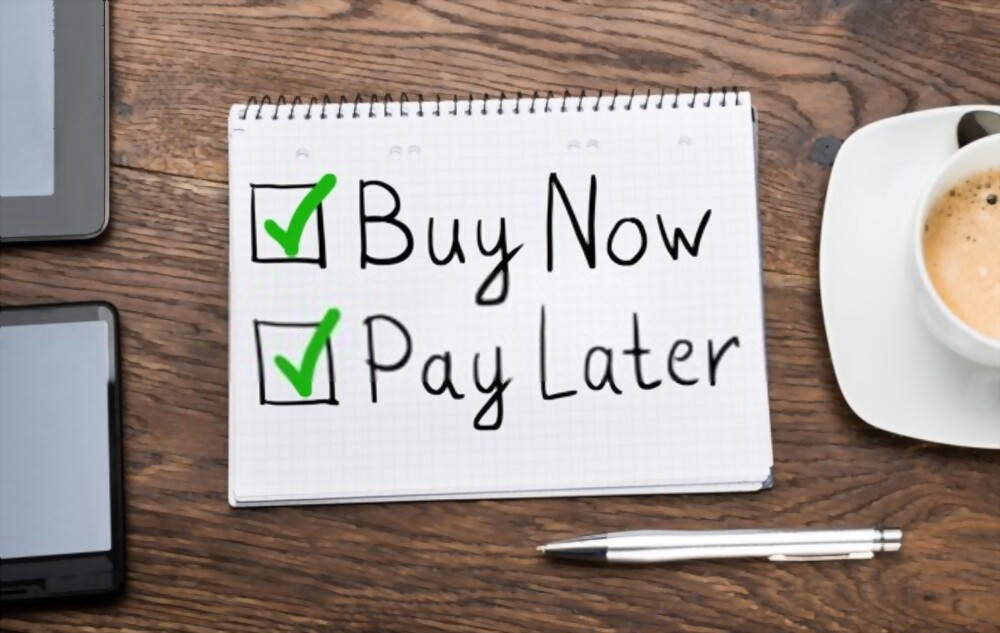The ‘buy now, pay later (BNPL for short) is the frequently heard mantra of many promoters these days. The phrase simply means that you can buy items when you wish to, purchase them without cash, and pay for them in installments later. This is essentially what a credit card or an EMI card allows you to do. Furthermore, if you take a personal loan from a bank, to fund any manner of things from education to holidays, you are also availing of a ‘buy now, pay later facility. However, taking loans can affect your credit score, and you should be aware of certain aspects of it.
What is a CIBIL/Credit Score?
What is known as a ‘credit score’ is now somewhat of a benchmark to gauge an individual’s financial health, especially when a lender is in the process of granting loans. A credit score, also known as a CIBIL score, is a three-digit numeric value that is assigned to an individual. It is a representation of any given individual’s financial status and gives lenders a background of any borrower’s financial history. The score, any number from 300 to 900, is used by banks and NBFCs as eligibility criteria while granting loans. A typical acceptable credit score is any value that is 700 and above. In the current times, we live in, when most individuals rely on personal loans for a myriad of requirements, how to increase CIBIL score is a real concern.
‘Buy Now, Pay Later’ and Credit Scores
In order to facilitate the financing of individuals who don’t have strong credit histories (and consequently, low CIBIL or credit scores), many lenders use the ‘buy now, pay later’ practice to loan money to such individuals. Furthermore, if you are wondering how to increase your CIBIL score without robust creditworthiness, you may be able to do so with the practice of ‘buy now, pay later. How? If you want a personal loan to finance any requirement, many lenders may offer you this facility without the need to display a high credit score or any credit score at all. Thus, your approval becomes easy. Nonetheless, you have to understand that BNPL is, after all, a personal loan, and although some lenders may offer you concessions in interest rates and loan tenures, the principal amount has to be paid back. However, if you manage to pay back a number of personal loans in full and on time, this can reflect well on your credit scores and your overall financial health.
How to Increase CIBIL Score
You know that you should have a sound financial history and pay off loans in time if you wish to increase your CIBIL score or at least, maintain it at a satisfactory level. This should always be the case, whether you are taking a personal loan or settling monthly credit card bills. If you have a history of paying loans in time, not only do you avoid debt, but you maintain financial health in order to assure lenders that you have the ability to repay future loans. Nonetheless, in case you default on loan payments, your credit score will be adversely affected, and will gradually decrease, ruining your chances of getting future loans.
